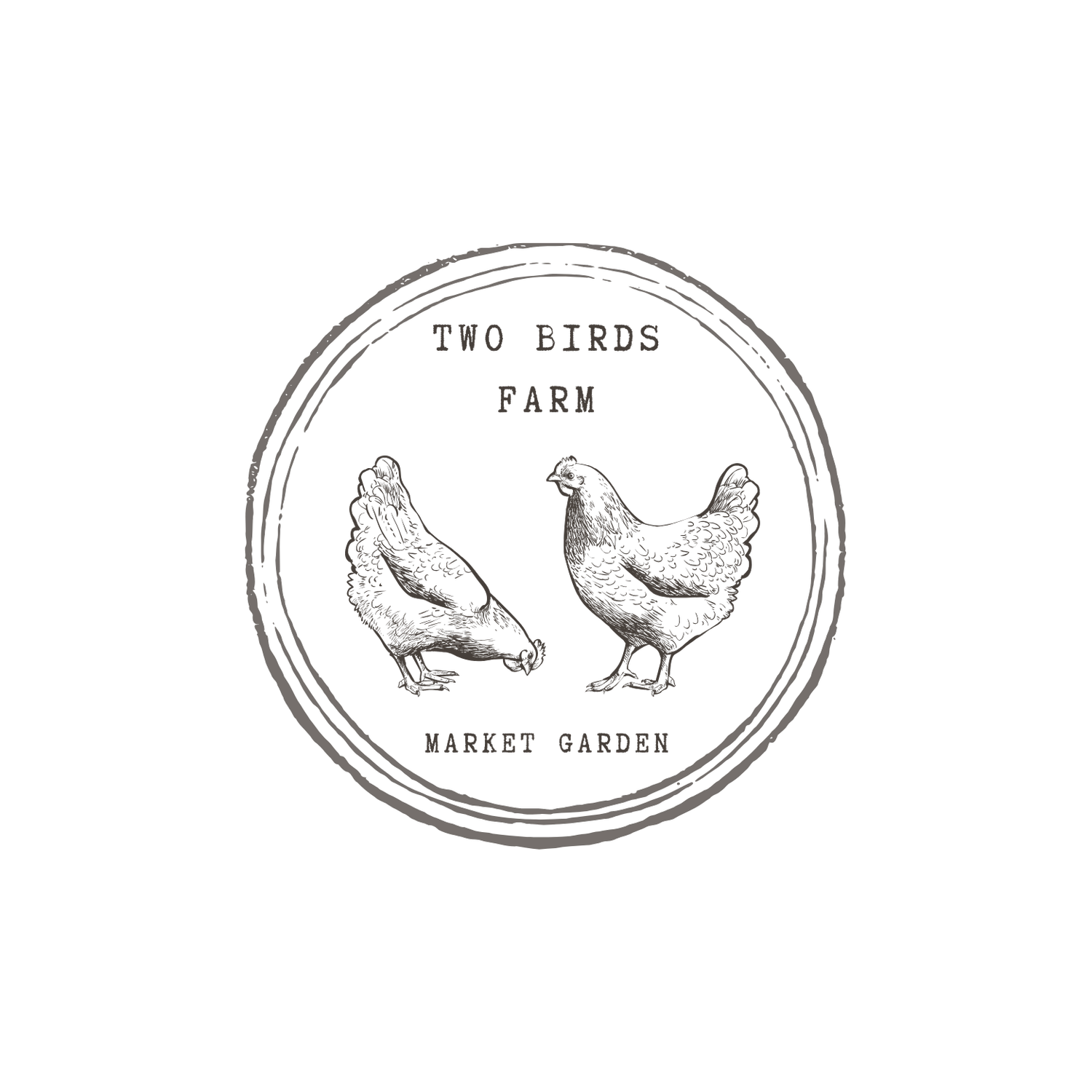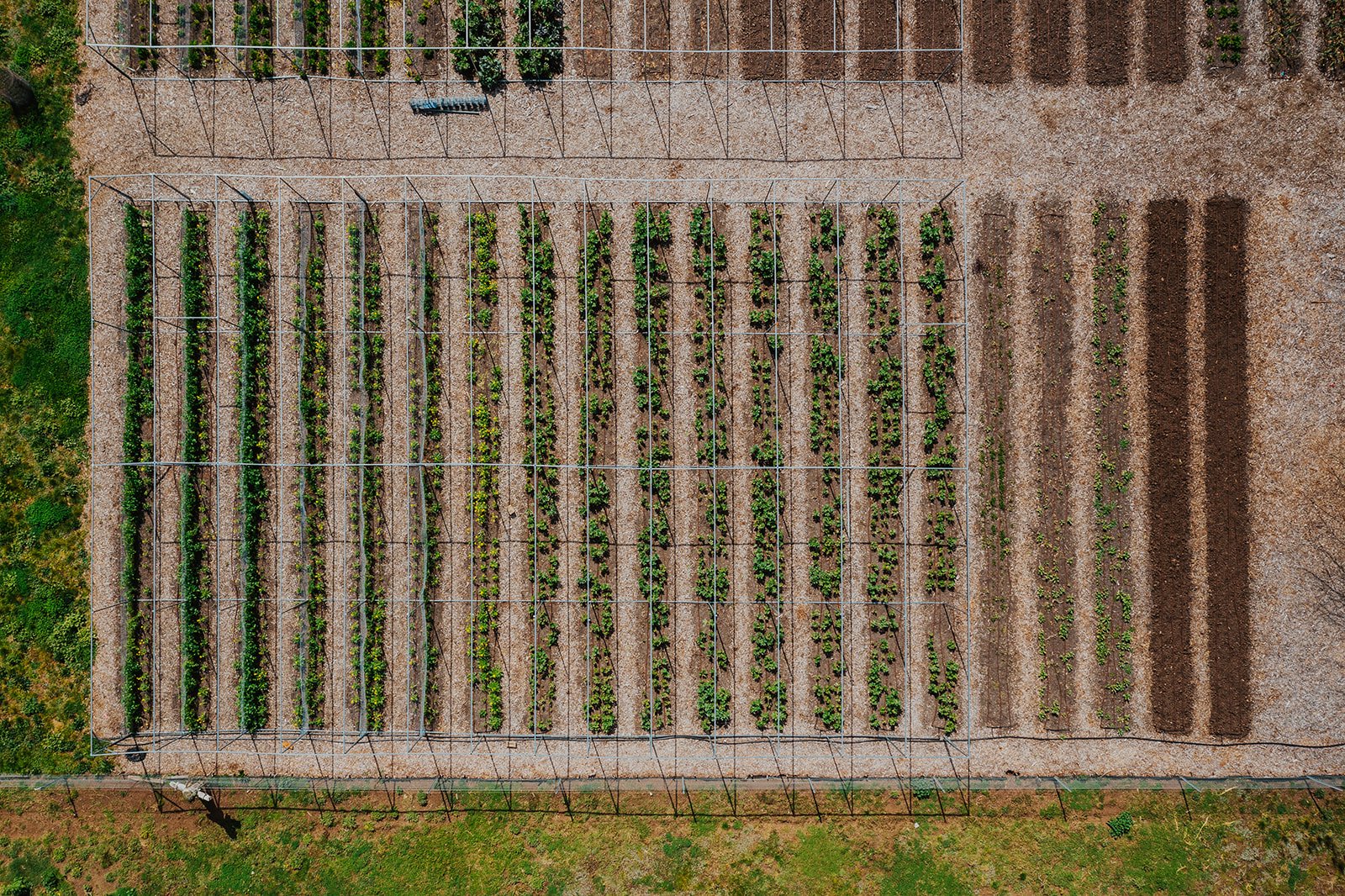We farm on Gundungurra land, and respectfully acknowledge the Traditional Owners and Custodians of the unceded lands on which we live, work and play. We pay our respects to their Elders, past, present and emerging, and acknowledge their deep spiritual and continuing relationship to country.
Nestled in the Southern Highlands of NSW is where you’ll find Two Birds Farm.
We are grateful to hold a land share agreement with Aruna Estate. Land share agreements are mutually beneficial for both farmers and land owners. They allow aspiring farmers to establish their farms without the need to own land, and in turn, land owners have their land put to good use.
Guests staying at Aruna Estate are invited to visit the on-site guest gardens and get their hands dirty, harvesting seasonal produce.
We believe that sustainable and regenerative farming practices are the key to producing food that is both healthy for people and good for the planet.
Our no-till method of farming supports biodiversity and the overall health of the ecosystem across the entire farm.
No-till farming involves not disturbing the soil like conventional farming methods do with heavy tillage. There are a myriad of benefits to no-till, these include improve soil structure and fertility, enhanced organic matter which improves soil nutrient content and microbial activity, increased mycorrhizal activity, better water retention and less soil erosion.
We also mulch our pathways with woodchips. This helps to suppress weeds, improve water retention, and will breakdown over time adding organic matter to the soil.
We’ve added an area of perennial flowering plants to provide habitat for pollinators and increase biodiversity. Staggered bloom times ensures a constant food source. We’ve also focused on host plants for beneficial predatory insects to help combat some of the pest species.
On site composting, and farming organically and chemical free are other ways we prioritize the well being of the land. All of these practices come together to help build soil health and build a favourable environment for mycorrhizal fungi. These mycorrhizal fungi act as root extensions, assisting plants in their nutrient uptake, which in turn gives you a final product that is nutrient dense and tastes great.



